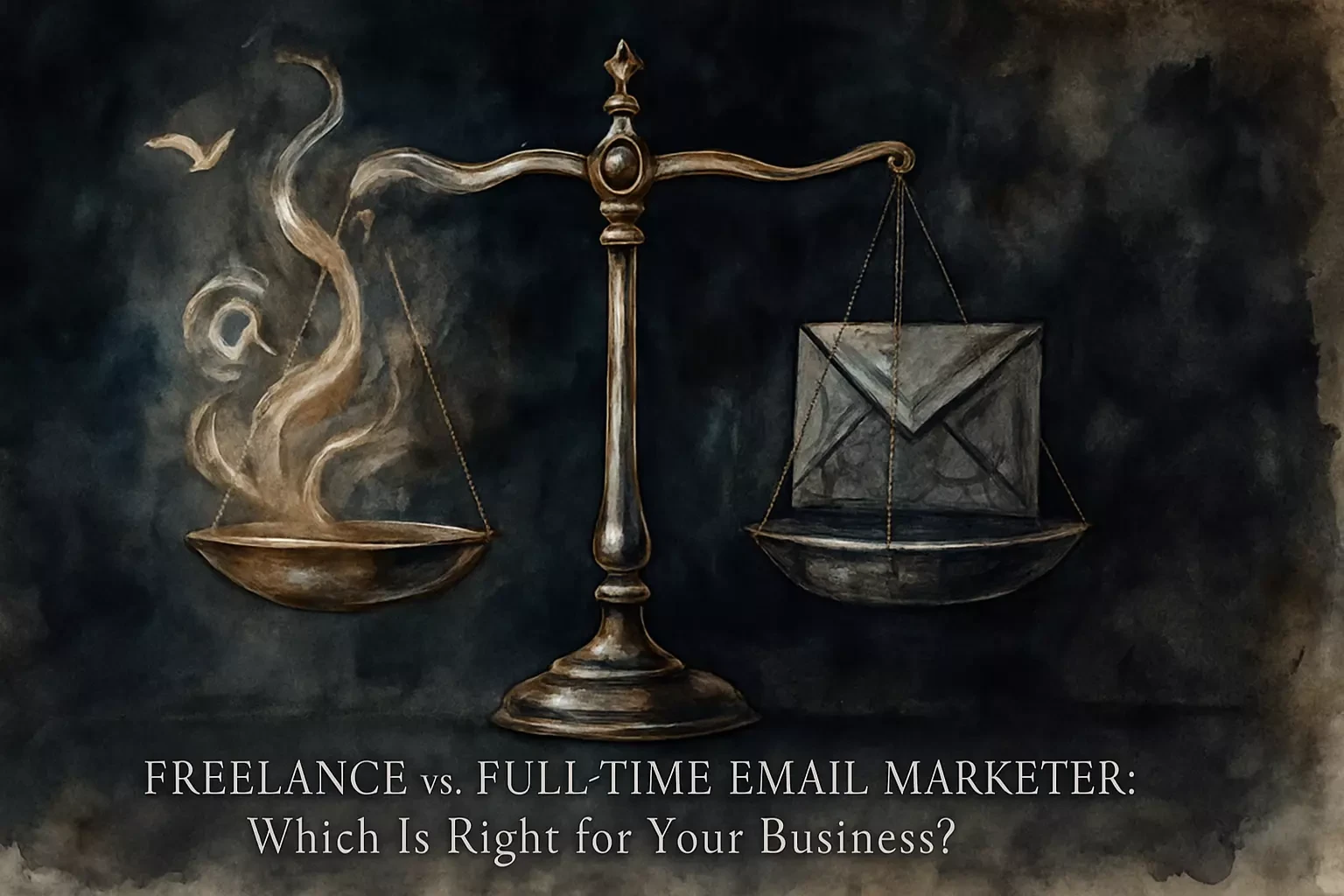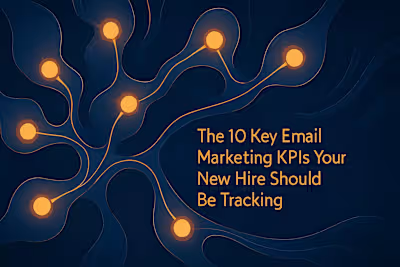Freelance vs. Full-Time Email Marketer: Which Is Right for Your Business?

Freelance vs. Full-Time Email Marketer: Which Is Right for Your Business?
The Case for Hiring a Freelance Email Marketer
Pros of Hiring a Freelancer
Cons of Hiring a Freelancer
When to Choose a Freelancer
The Case for Hiring a Full-Time Email Marketer
Pros of Hiring a Full-Time Employee
Cons of Hiring a Full-Time Employee
When to Choose a Full-Time Employee
A Hybrid Approach: The Best of Both Worlds?
Combining In-House and Freelance Talent
Benefits of a Hybrid Model
Making the Final Decision: Key Factors to Consider
Budget and Financial Stability
Scope and Consistency of Work
Need for Specialized vs. Generalist Skills
Conclusion
References
Freelance vs. Full-Time Email Marketer: Which Is Right for Your Business?
The Case for Hiring a Freelance Email Marketer
Pros of Hiring a Freelancer
Cons of Hiring a Freelancer
When to Choose a Freelancer
The Case for Hiring a Full-Time Email Marketer
Pros of Hiring a Full-Time Employee
Cons of Hiring a Full-Time Employee
When to Choose a Full-Time Employee
A Hybrid Approach: The Best of Both Worlds?
Combining In-House and Freelance Talent
Benefits of a Hybrid Model
Making the Final Decision: Key Factors to Consider
Budget and Financial Stability
Scope and Consistency of Work
Need for Specialized vs. Generalist Skills
Conclusion
References
Posted Jun 14, 2025
Deciding whether to hire a freelance or full-time email marketer? This guide breaks down the pros, cons, costs, and strategic factors to help you choose.









